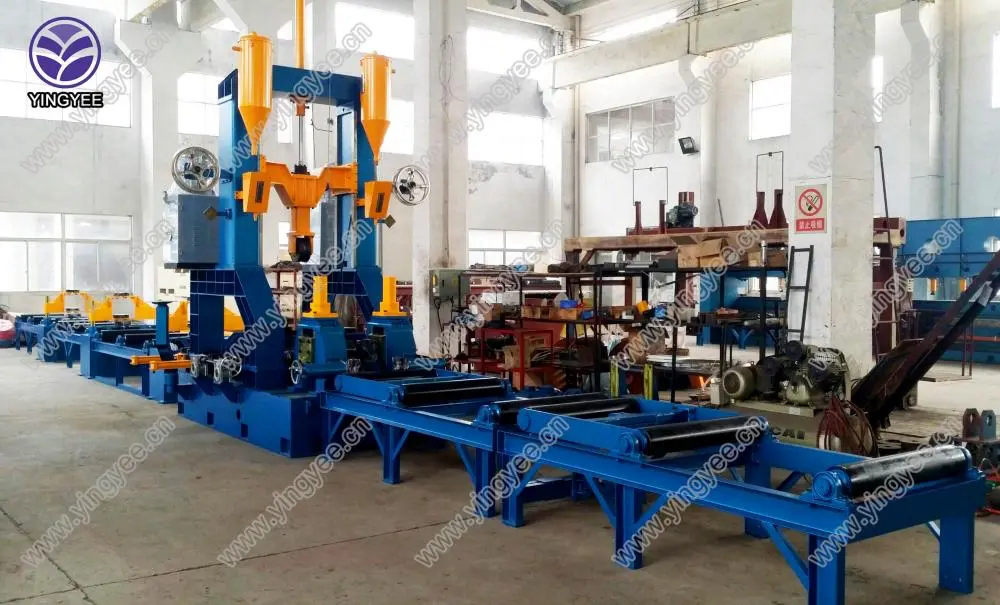
The Advantages of a 70m/min Drywall Roll Forming Machine with 4 Punching Stations
In the construction industry, efficiency and precision are paramount. One of the most innovative solutions that has emerged to meet these needs is the drywall roll forming machine. Specifically, the 70m/min drywall roll forming machine equipped with four punching stations represents a significant leap forward in production capabilities, offering substantial benefits over traditional methods.
Enhanced Production Speed
The 70m/min speed is a game changer for manufacturers looking to increase their output without sacrificing quality. Conventional methods can be time-consuming and labor-intensive, often leading to bottlenecks in production. The rapid pace of the drywall roll forming machine ensures that large volumes of drywall can be produced in a fraction of the time, allowing businesses to meet rising demand effectively. This efficiency not only improves the bottom line but also enhances competitiveness in a relentless market.
Versatile Design Capabilities
The inclusion of four punching stations in this machinery is another significant advantage. Each punching station can perform various operations such as openings for electrical outlets, ventilation holes, and specialized cutouts needed in modern construction. This versatility eliminates the need for additional manual labor to create these apertures, streamlining the production process and minimizing the risk of human error. The machine can produce customized drywall panels tailored to specific project requirements, increasing its appeal to a broader range of clients.
Improved Quality Control

When it comes to construction materials, quality is non-negotiable. The precision engineering involved in the design of a drywall roll forming machine ensures that each panel produced meets stringent standards. With reduced manual intervention due to its automated process, the likelihood of defects is greatly diminished. Each sheet is consistently manufactured to exact specifications, which enhances the overall integrity of the structures being built. Furthermore, the high-speed operation does not compromise the quality of the product, ensuring reliability in performance.
Cost Efficiency
Investing in a 70m/min drywall roll forming machine may seem substantial initially; however, the long-term cost benefits far outweigh the expenditure. With rapid production rates and reduced labor costs due to automation, manufacturers can quickly recoup their investment. Additionally, the machine’s ability to produce numerous customized panels in a single run minimizes waste and reduces material costs. Overall, the efficiency gains translate into lower operating expenses, ultimately boosting profitability for manufacturers and construction contractors alike.
Environmentally Friendly Practices
In today’s eco-conscious climate, sustainability is more important than ever. The use of a drywall roll forming machine contributes to greener practices by reducing waste. The automated precision of the machine ensures that raw materials are utilized effectively, minimizing scrap. Additionally, modern machines often utilize energy-efficient technologies, reducing the overall carbon footprint of production processes. By integrating these practices, businesses can appeal to environmentally-conscious clients and strengthen their market positions.
Conclusion
The 70m/min drywall roll forming machine equipped with four punching stations is revolutionizing the way drywall products are manufactured. With its ability to enhance production speed, provide versatile design options, ensure quality control, and promote cost efficiency and sustainability, it has become an essential tool in the construction industry. As companies seek to adapt to changing market demands and strive for greater efficiency, investing in such advanced machinery will not only drive profitability but also contribute to the future of construction practices. Embracing this technology is not just a trend; it is a strategic move towards building a more efficient and sustainable future in construction.